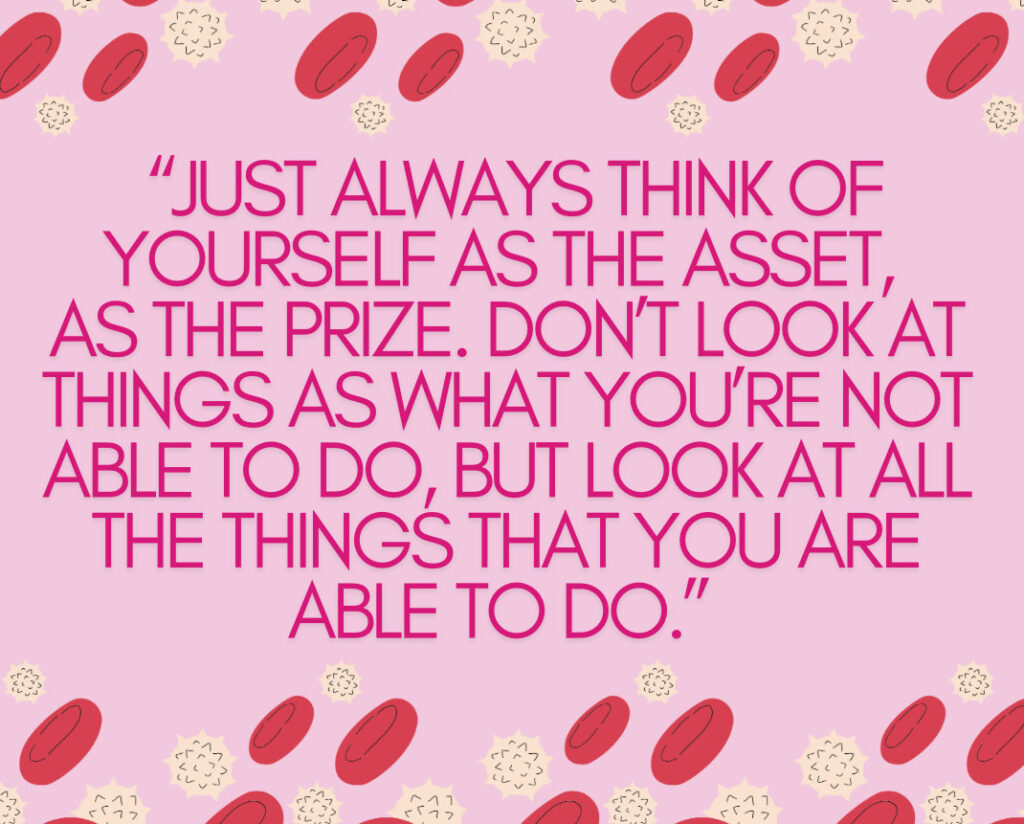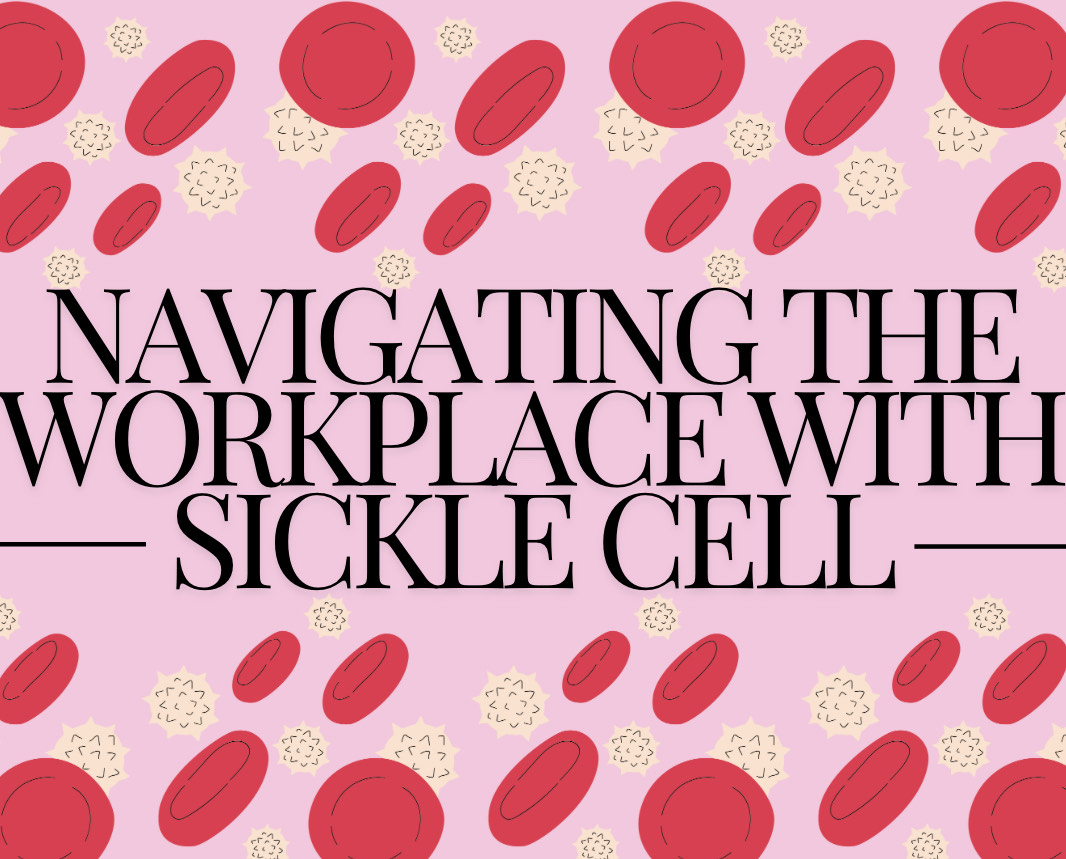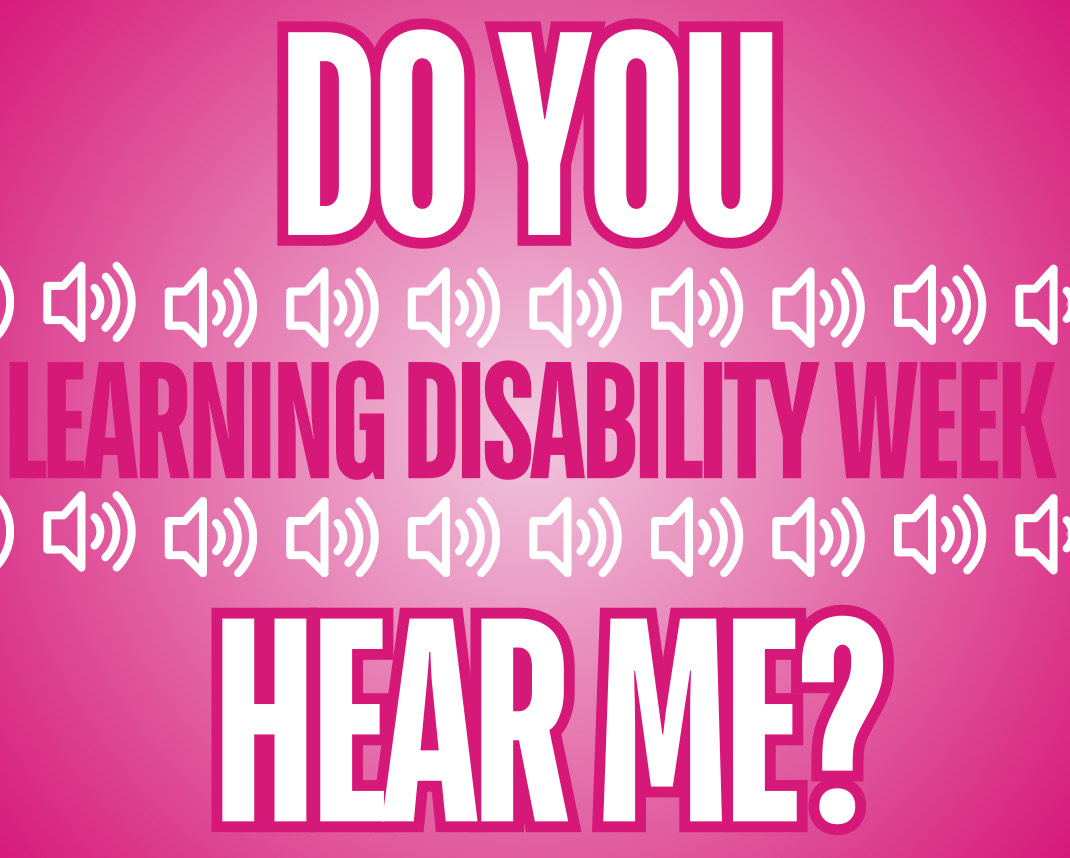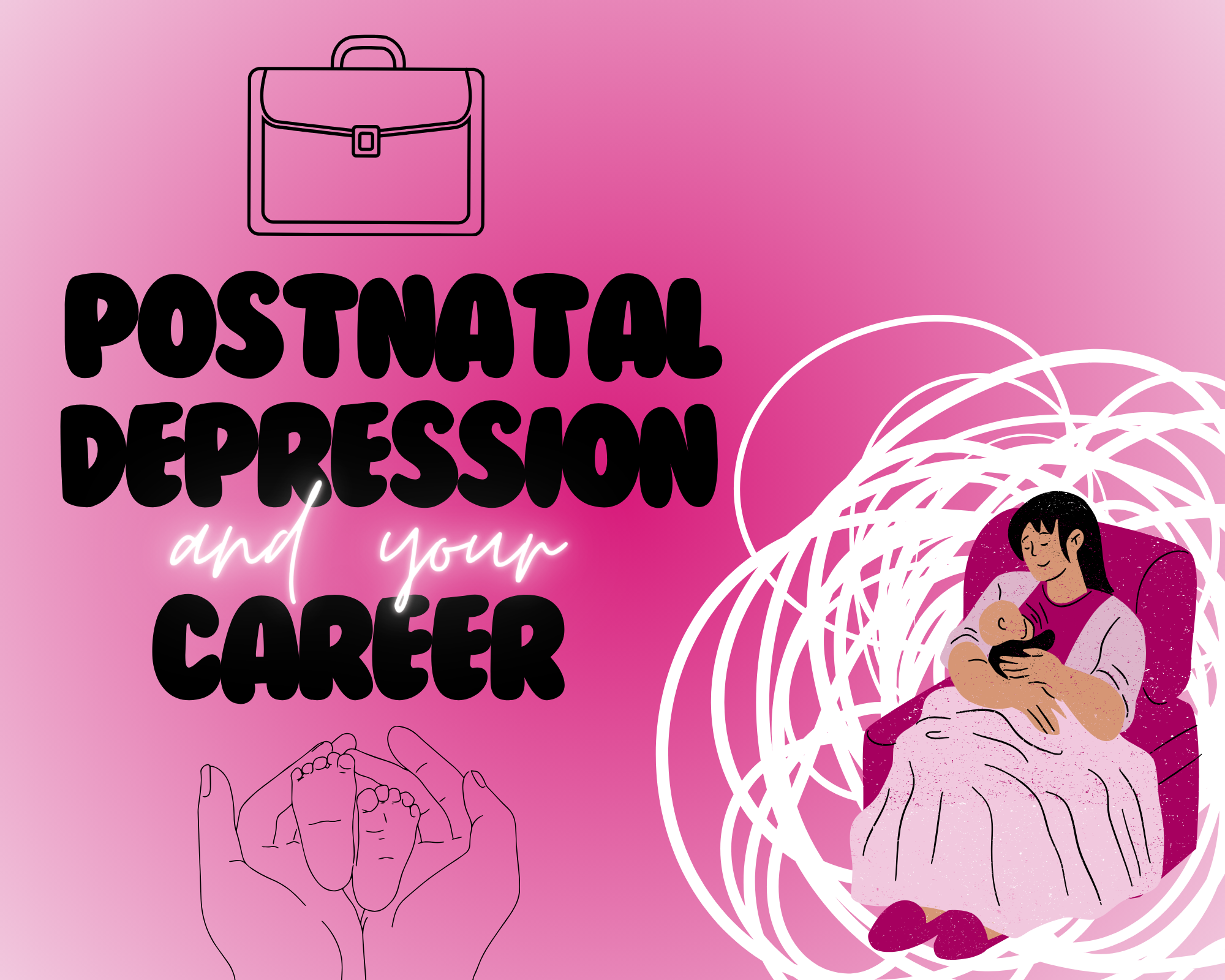Navigating the workplace as a woman of colour is hard but even harder with a chronic disease like sickle cell
Picture yourself sitting at your office desk on a hot summer afternoon at work, watching the last few hours of the shift tick by. Counting down the minutes till you go home and switch off. The office air conditioning starts blasting. Suddenly you feel an excruciating, crippling pain taking over every limb, your heart rate quickens, and fear paralyses your mind.
This is the reality for 30-year-old sickle cell patient Janet Alele, from Essex who works as a Business Support Officer.
Janet suffers severe pain episodes called crises, that are triggered by changes in temperature. She experienced major struggles at work, due to the environment being suitable for her colleagues but harmful for her.
Janet said: “I’ve been in the office, and I can start to feel achy pain in my legs and I’m like oh my God, a crisis is coming so I’ve had to tell my manager I have to go home before I’m not able to even drive.”
Approximately 15,000 people in the UK have sickle cell, in which African and Caribbean ethnicities are disproportionately affected. The sickle cell trait is found in 25% of West Africans and 10% of Afro-Carribeans according to the Sickle Cell Society.
Sickle cell disease is caused by inheriting faulty haemoglobin genes. This causes red blood cells to be abnormal and rigid, therefore preventing blood and oxygen flow to the body.
Symptoms such as extreme pain episodes, swelling of hands and feet, chronic pain in bones and joints, and fatigue are all hindrances which restrict normal functioning at work.
Janet said: “It’s so difficult to explain the level of pain that we feel when we’re having a crisis. It’s like your worst nightmare and it just won’t stop, it just keeps going for days and days on end.”
After discussing the impact this had with her employer, she was given the opportunity to work from home. This enabled her to work more comfortably without the risk of sacrificing her health.
“You can’t predict when a crisis is gonna come, it really just comes and hits you and it’s like everything just stops when that happens,” says Janet.
The mental and physical barriers of sickle cell limit several sufferers from striving for higher job roles due to how strenuous they seem. Seemingly simple tasks take more of a toll on them.
According to the National Library of medicine 28.4% of sickle cell sufferers lived on the poverty line with 25% never having worked.
Pursuit despite pressure
One of the common psychological impacts of sickle cell is anxiety. Due to how much symptoms fluctuate; sickle cell sufferers emphasise how nerve-racking it is showing up professionally.
Janet said: “I get a lot of anxiety around winter periods and just feel very caged in mentally and emotionally.”
Despite these barriers, Janet did not allow her journey to success to be hindered. She excelled in her higher education and landed a job that she thrives in.
Janet epitomises how persistence and determination enables you to reach success despite all odds. She credits her mindset and faith for guiding her in her pursuit to prosperity within her career.
“Just always think of yourself as the asset, as the prize, don’t look at things as what you’re not able to do, but look at all the things that you are able to do,” says Janet.

Alongside her day job she owns a YouTube channel where she shares her life and gives advice to fellow sickle cell sufferers. Her consistency across these different career fields reflects her motivation.
Striving through setbacks
The intersectionality of a health barrier and racial prejudice entails multiple unconscious biases from people in the working environment.
Racial stereotypes perpetuated around inadequacy, causes prejudice and microaggressions rather than compassion. For example, symptoms such as fatigue being misjudged as laziness.
This is a multifaceted problem, whereby sufferers are also subject to sexism in male dominated fields.
In a 2022 report by Every Level Leadership, only 33% of Black women believed that job performance was fairly evaluated. 66% reported not feeling emotionally safe at work.
Sickle cell crises are extremely debilitating mentally as well as physically. It restricts sufferers’ abilities to work at a level playing field; How can this not be recognised as a disability?
There is no disability allowance or assistance that sickle cell sufferers are guaranteed.
Pain episodes often result in hospitalisation for up to weeks which is a major limitation to working efficiently.
The average life expectancy of women with sickle cell is 55 years old.
This adds another dynamic whereby patients find themselves tackling the pressure of trying to achieve a culmination of life goals; whether professional, personal, or financial, all in a shorter expected lifetime.
Rebecca Sekyere, 52, from Leicester, is a former Lead Nurse Specialist for the Sickle Cell and Thalassemia Service. She has treated sickle cell patients for several years.
“It’s the fear of the unknown, the fear of dying, the fact that they’re always in and out of hospital.”
“You can’t predict the crisis so you’re thinking I can’t even plan, can I submit my coursework on time without worrying about crisis, can I keep a job,” says Sekyere.
Women in higher education and nine to five jobs, deal with the pressures of juggling their health condition, career, and fear simultaneously.
Sekyere said: “They’re always thinking, is tomorrow gonna be my last day? Because they know with sickle cell disease anything can happen.”
The women she treated spent weeks in hospital receiving treatment and struggled to sustain jobs.
“You can’t have certain career choices, so they become limited. Some are doing well but most of them struggle a lot.”
“You become close to them, and they look up to you, so that professional relationship was very important to me, being there to support them through the good and the bad times,” says Sekyere.
The future of working with sickle cell
Sickle cell organisations are transforming perceptions of sickle cell and how it is classified by those in power that can enforce change. The work of the National Sickle Cell Advocacy Network promotes awareness and advocacy by campaigning and fundraising.
Schemes like this aid in making workplaces a safe space for women who are navigating their career with sickle cell. Instead of unintentionally excluding them, accommodating marginalised employees allows them to flourish to their full potential.
With millions of sickle cell carriers, there will be many more generations of children who have the disease. We need to develop and cultivate a working society that is easier for them to navigate.
Despite the setbacks that stem from a lack of education, sickle cell patients like Janet have voiced their struggles and influenced change by educating the people they work with.
These developments do not negate the fact that sickle cell will remain a challenge for working women. However, with more people educating themselves on the disease and its implications, the pursuit of success for sickle cell sufferers will be far easier.
To read more about working with an illness, click here- https://werkmagazine.co.uk/2024/05/22/working-with-arthritis-when-you-have-to-power-through-chronic-pain/




